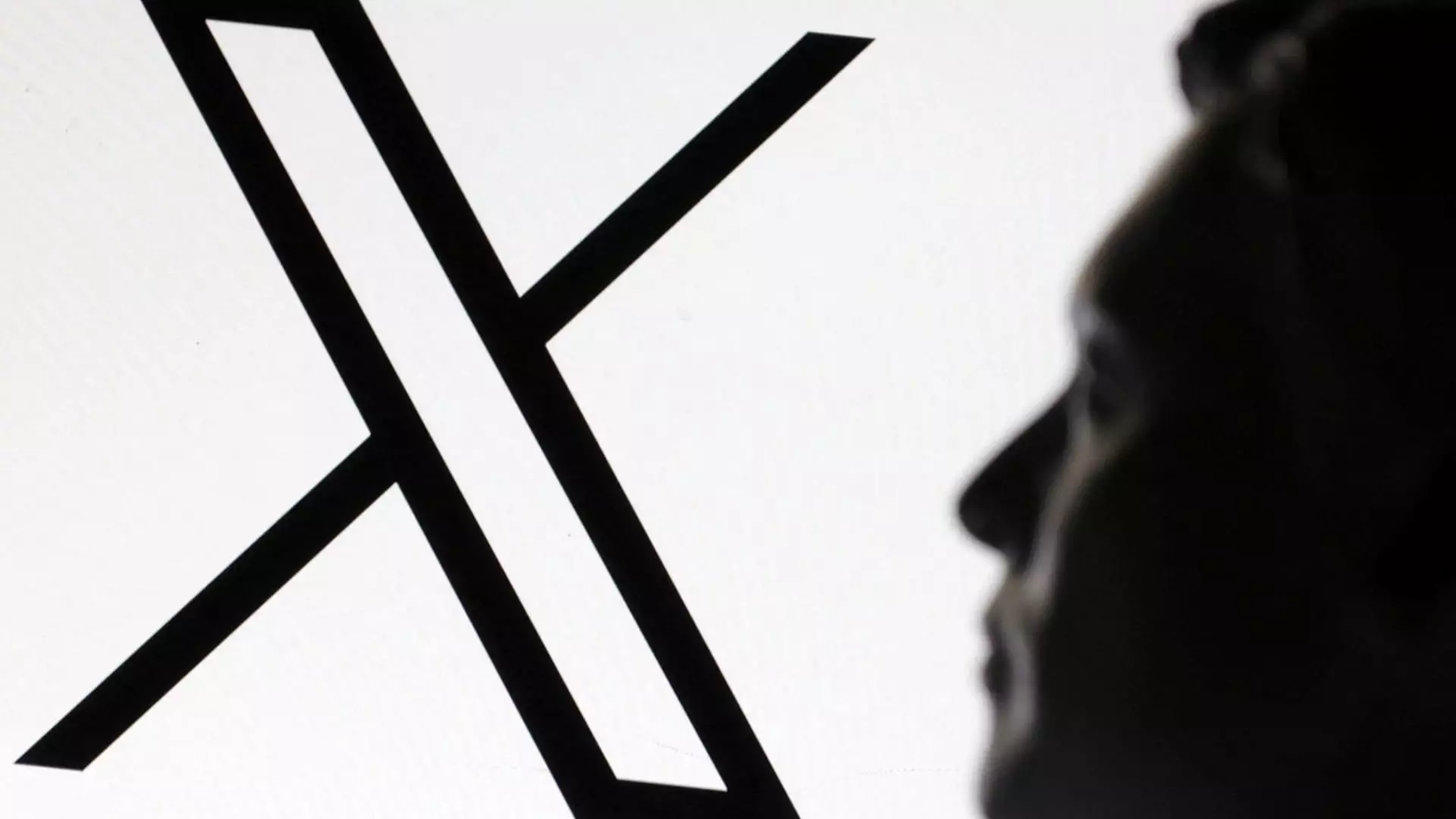In recent weeks, French authorities have launched a criminal investigation into X (formerly known as Twitter), accusing the platform of manipulating its algorithms and illegally extracting data. While governments often justify such measures as necessary for national security or protecting democratic integrity, this particular case highlights a dangerous trend: the politicization of regulatory actions aimed at stifling dissent and free expression. X’s firm refusal to comply with the demands for data reveals a broader fight for digital sovereignty, one where corporations defend the autonomy of their operations against governmental overreach. This standoff underscores a larger dilemma—should governments be allowed to wield investigative powers in ways that could undermine the fundamental right to free speech?
The French investigation was initiated based on complaints from a parliament member and a senior public official—individuals whose motivations and potential biases deserve scrutiny. When authorities seek access to proprietary algorithms and real-time user data, they threaten not only user privacy but also the democratic fabric that online platforms support. Such entanglements risk creating a chilling effect, discouraging open discourse and silencing voices under the guise of national security. Platforms like X serve as digital town halls, and any interference rooted in political motives compromises their role as free spaces for dialogue.
The Politicization of Regulatory Efforts and Its Implications
Claiming that the investigation is “politically motivated,” X aligns itself with the broader narrative that some governments are weaponizing regulation for partisan ends. By branding this inquiry as an attempt to restrict free speech, the platform positions itself as a champion of digital rights. However, this also reveals a complex tension: corporations operating within sovereign nations must navigate conflicting legal and cultural landscapes. Still, refusing to hand over data based on legal rights signifies a stand against overreach—a stance that champions transparency and privacy amid increasing governmental suppression.
The involvement of individuals aligned with organizations apparently hostile to X further complicates the case. Critics argue that the two experts selected to analyze the platform’s algorithms have histories of hostility towards X and have conducted research that may be biased. This raises important questions: Are the investigations genuinely impartial? Or are they orchestrated to serve specific political agendas? The perception that these experts have a predetermined stance can erode public trust, making the entire process appear as a political theatre rather than a genuine attempt at oversight.
Such concerns highlight a fundamental issue: when investigations become politicized, the line between legitimate oversight and censorship blurs. Governments must uphold accountability, but not at the expense of unjustly targeting platforms that enable free expression. Equally, corporations should resist coercive demands that threaten core principles—values that are essential for fostering a vibrant, open society.
The Future of Freedom and Responsibility in Digital Spaces
At its core, this conflict emphasizes the delicate balance between regulation, security, and free speech. Governments have a duty to prevent misuse of digital platforms—be it interference in elections or spread of misinformation. Yet, this responsibility must be exercised with restraint and respect for fundamental rights. When regulatory actions are perceived as politically driven, they risk undermining the very democratic ideals they claim to protect.
Platforms like X are increasingly becoming battlegrounds for these ideological struggles. Their ability to operate independently and without undue interference is vital for fostering innovation, debate, and citizen engagement. By refusing to hand over data and by challenging questionable investigations, X sets a precedent that digital giants should defend their users’ rights and their own autonomy. This stance is not merely about corporate interests; it’s about safeguarding a fundamental pillar of modern democracy: free, unencumbered speech in the digital age.
The fight between X and French authorities exemplifies a broader contest over control of online discourse. It invites us to reflect on whether national security efforts can coexist with civil liberties or whether we are witnessing an erosion of those rights under the guise of regulation. The lessons here are stark: defending free speech requires resilience and a willingness to stand against excessive governmental encroachment—principles that are more crucial than ever in our interconnected world.

